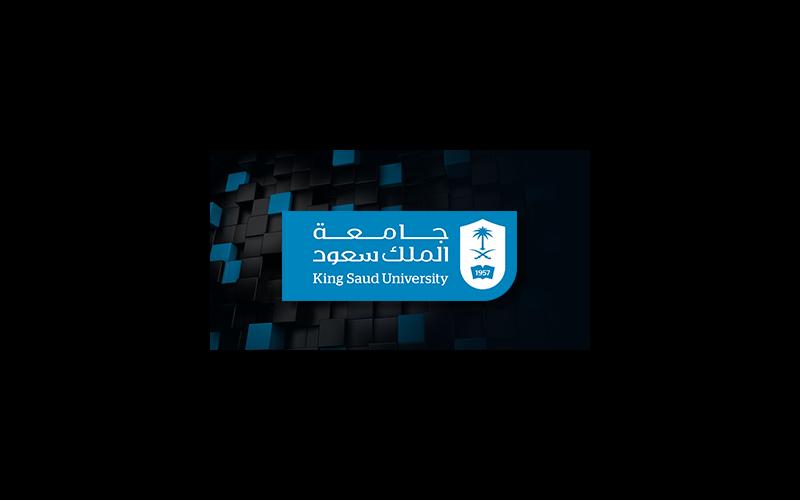Terminology in Dentistry: from a draft to international standard
College of Dentistry at King Saud University is always concerned with the benefit of the individual and Saudi community in particular and humanity in general, that is why the College of Dentistry agreed that Dr. Sakher Jaber AlQahtani represents it and the Saudi Dentistry Society and Saudi Arabian Standards Organization (SASO) in the International Standards Organization (ISO) meeting to standardize Terminology in Dentistry. In the Dental terminology working group at the ISO meeting there was representation from the Dental Societies of Japan, United State of America, France, Germany, Australia, United Kingdom, Iran, South Korea, China, Thailand and the Kingdom of Saud Arabia represented by Dr. Sakher Jaber AlQahtani.
The working group met for four days to discuss the subject in details and to construct a plan to standardize the terminology on an international level. A committee was formed to write a full draft of all terminology in Dentistry and Dr. Sakher Jaber AlQahtani was selected to be part of the committee. When the draft is finished, a vote will be conducted by the working group in the next meeting to approve it be an international standard.
Moreover, Dr. Sakher Jaber AlQahtani was chosen to be part of the committee reviewing Dentistry coding system draft to be approved as an international standard for all dental computer softwares.
The International Standards Organization formed the terminology working group upon the request of Japan to standardize the terminology in Dentistry. Terminology and concepts are varied between countries, which caused a big problem in matching data to identify victims of Japan’s tsunami. Details written in international victims’ files (antemortem data) were based on terminology used in their countries, whereas details of the examination of bodies by the Japanese Forensic Odontologists (Postmortem data) were based on terminology used in Japan, which made the identification process very difficult. Making the terminology in dentistry standardize internationally will eliminate this problem.

